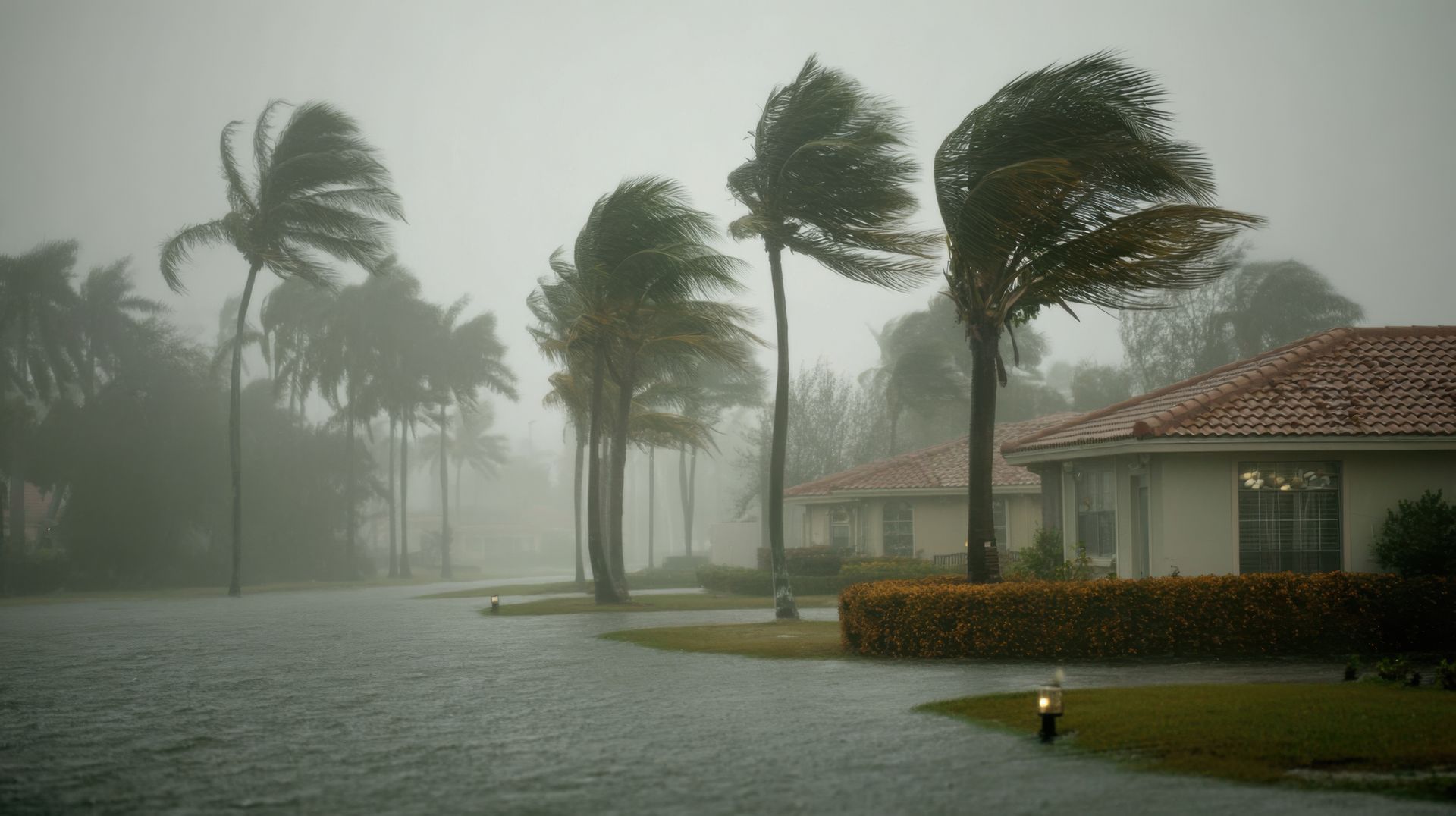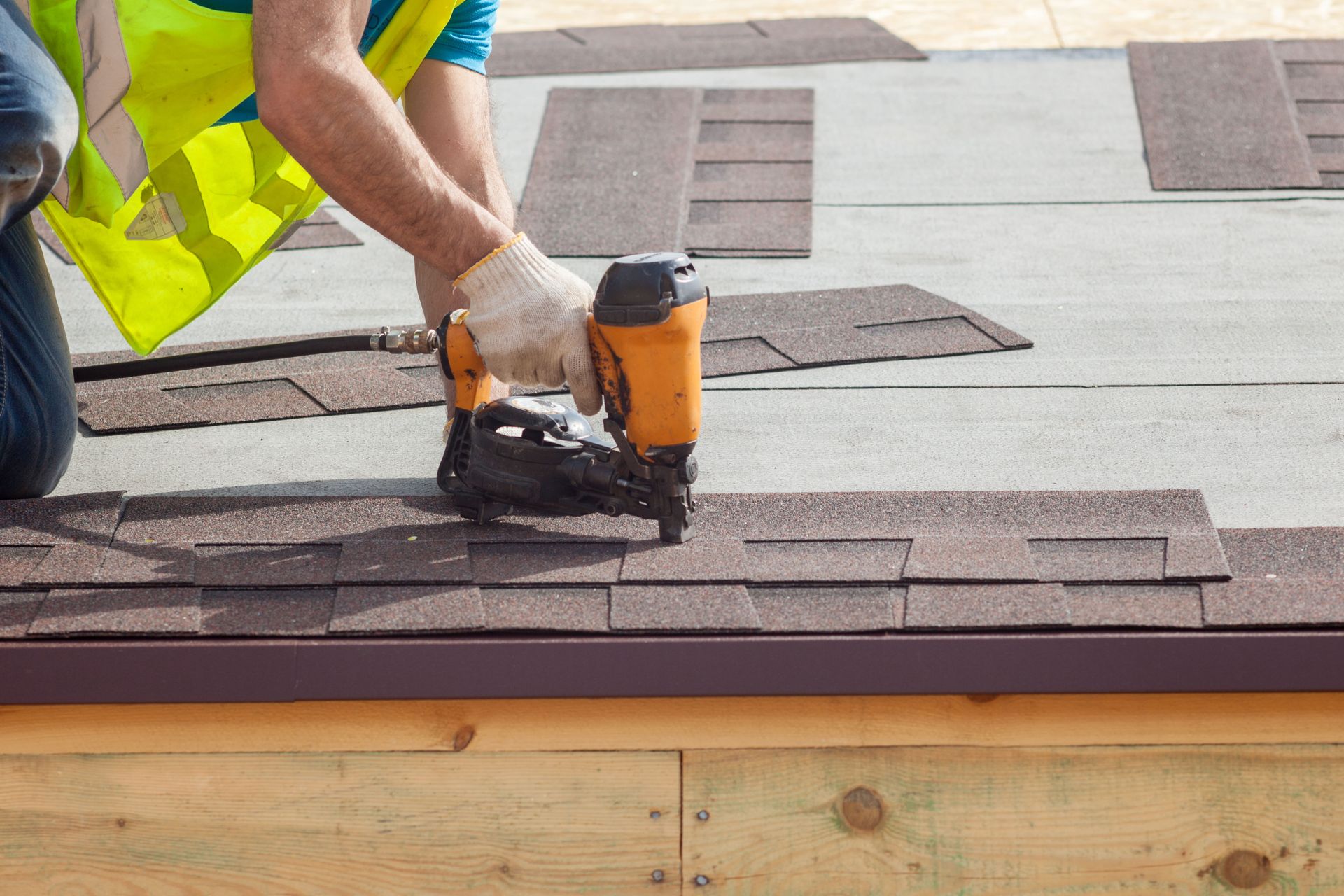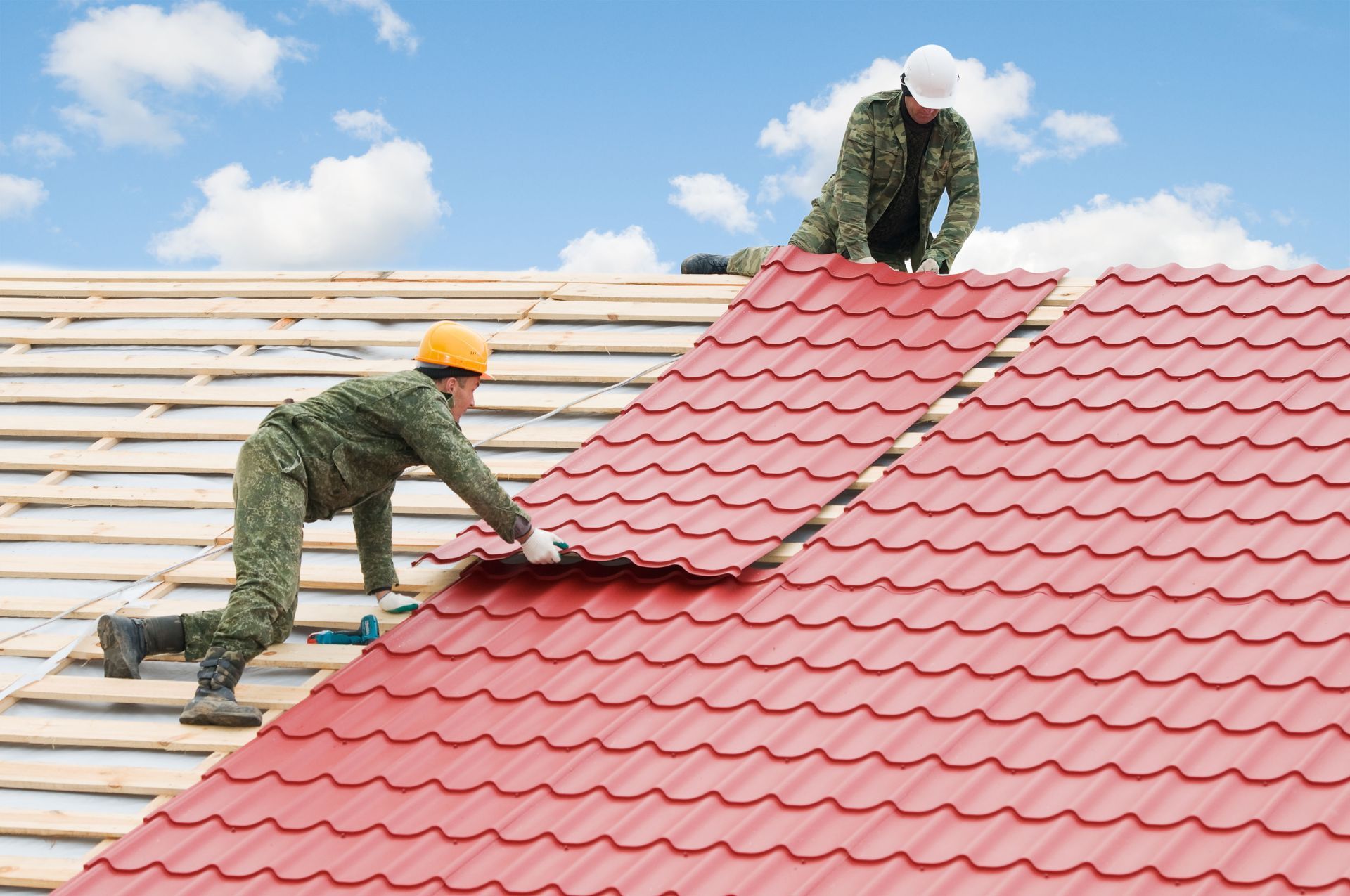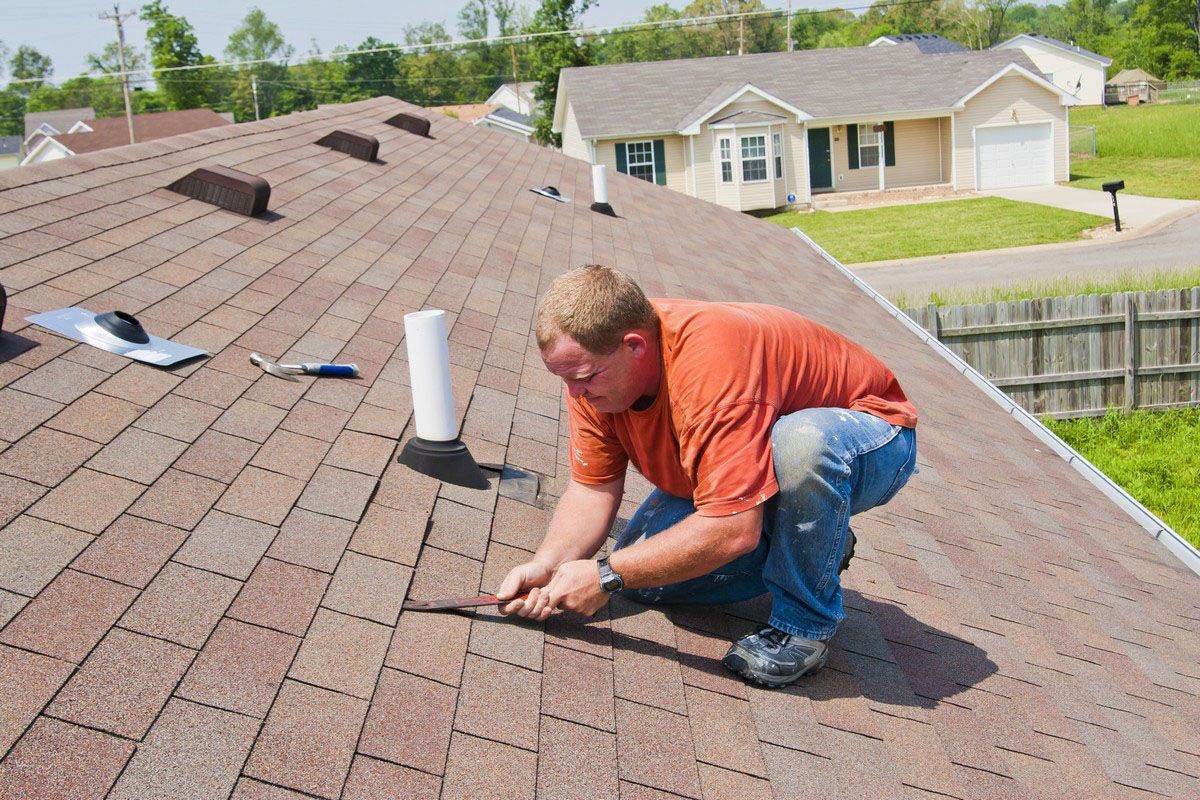Hurricane Preparedness
August 25, 2025
August 25, 2025
September is Hurricane Preparedness Month
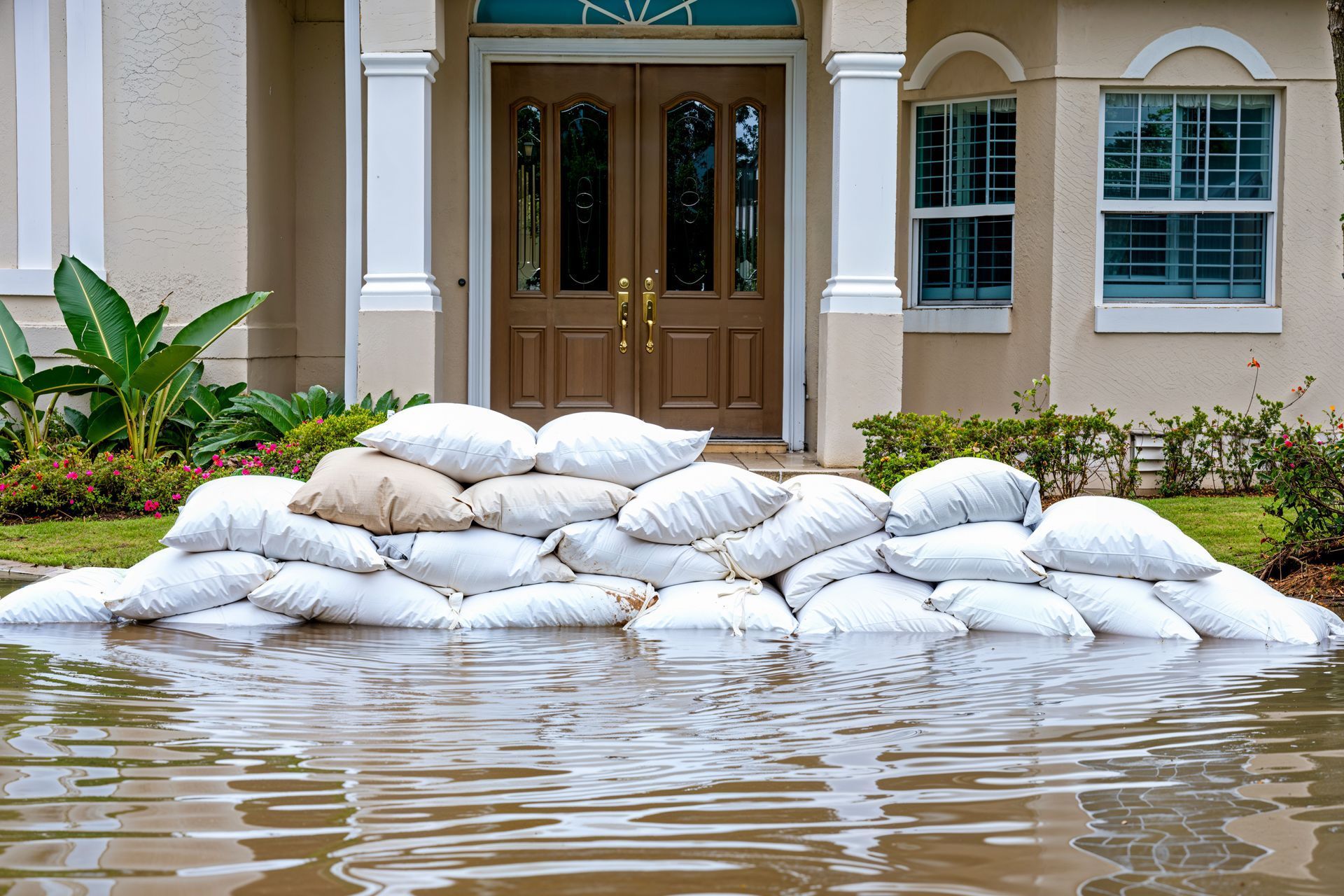
Hurricane preparedness is crucial to staying safe and minimizing damage in the event of a storm. Here's a comprehensive guide to help you get ready:
1. Stay Informed
- Monitor weather updates: Follow local weather stations, NOAA, and the National Hurricane Center for real-time updates on storm paths and intensity.
- Download a weather app to receive alerts about hurricanes and severe weather in your area.
- Know your evacuation routes and local shelters.
2. Create an Emergency Kit
Your hurricane kit should include:
- Water: At least one gallon per person per day for 3-7 days.
- Non-perishable food: Canned goods, energy bars, and dry foods (enough for at least 3 days).
- First-aid supplies: Bandages, antiseptics, prescription medications, and over-the-counter pain relievers.
- Flashlights and batteries (don't rely on candles).
- Portable phone charger or backup power bank.
- Battery-powered or hand-crank radio to stay updated if power goes out.
- Personal hygiene items: Toilet paper, wet wipes, hand sanitizer, etc.
- Important documents: IDs, insurance papers, and medical records in a waterproof bag.
- Cash: ATMs may not be working, and cards may not be accepted during power outages.
- Blankets, sleeping bags, or extra clothes (depending on your needs).
- Pet supplies (if applicable): Food, water, leash, and medications for your pets.
3. Prepare Your Home
- Secure windows and doors: Install storm shutters or use plywood to cover windows. Consider adding impact-resistant glass or hurricane-rated windows.
- Trim trees and bushes: Remove dead branches or anything that could become a projectile.
- Check your roof: Repair leaks, secure loose shingles, and ensure gutters are clear.
- Elevate electrical appliances: If you live in a flood-prone area, consider raising appliances and electrical outlets above potential flood levels.
- Secure outdoor items: Bring in furniture, grills, and other objects that could blow away.
4. Know Evacuation Procedures
- Evacuate if necessary: Follow evacuation orders from local authorities. Don’t wait until the last minute.
- Have a plan for pets: Not all shelters accept pets, so make sure you know where to take them if you need to evacuate.
- Set up a meeting point: If your family gets separated, have a pre-determined place to meet.
5. Strengthen Your Family Plan
- Communication plan: Make sure everyone knows how to reach each other. Establish a point of contact outside your area in case local networks are down.
- Plan for elderly or disabled family members: Ensure that vulnerable family members are taken care of and have their medications or mobility aids.
6. After the Hurricane
- Avoid downed power lines: Stay away from fallen wires and report them to authorities.
- Inspect your home for damage: Check for structural issues, flooding, and leaks before re-entering.
- Use caution with food and water: Do not drink tap water unless authorities have declared it safe.
- Avoid driving in flood waters: It can be deceptively dangerous.
